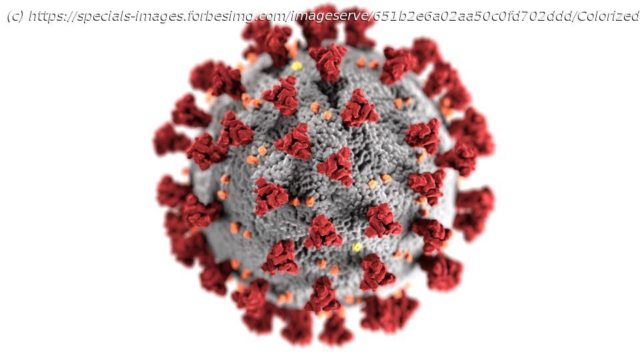The 2023 Nobel Prize in Physiology or Medicine was awarded to Drs. Katalin Karikó and Drew Weissman, for their role in the development of the Covid-19 vaccines.
Monday morning’s news that Drs. Katalin Karikó and Drew Weissman were awarded the Nobel Prize in Physiology or Medicine has cast a spotlight on their seminal work leading to the development of the Covid-19 vaccines. The award, however, is not for the actual development of the vaccines. Rather, Karikó and Weissman have been recognized for basic research into our immunological response to mRNA and an atypical component of RNA called pseudouridine. Moreover, they have been recognized for work done over 15 years ago, long before the pandemic began.
“The vaccines have saved millions of lives,” the official Nobel Prize press release noted, “allowing societies to open and return to normal conditions.”
Although many people have discussed the rapid, some have said rushed, development of the Covid-19 vaccines, researchers have been exploring the idea of mRNA-based therapeutics for quite some time. Indeed, scientists have speculated about mRNA-based vaccines for roughly three decades. But, as is often the case in science, the path wasn’t straightforward.
Let’s start with a basic question. What is mRNA?
Produced in our cells using DNA as a template, messenger RNA, or mRNA, itself serves as a template to produce proteins, complex molecules that do most of the work in our cells. In the early 1980s, scientists developed a technique for generating mRNA in the laboratory.
Start
United States
USA — Science Nobel For Covid-19 Vaccine Development Recognizes Work Done Decades Before The Pandemic...






